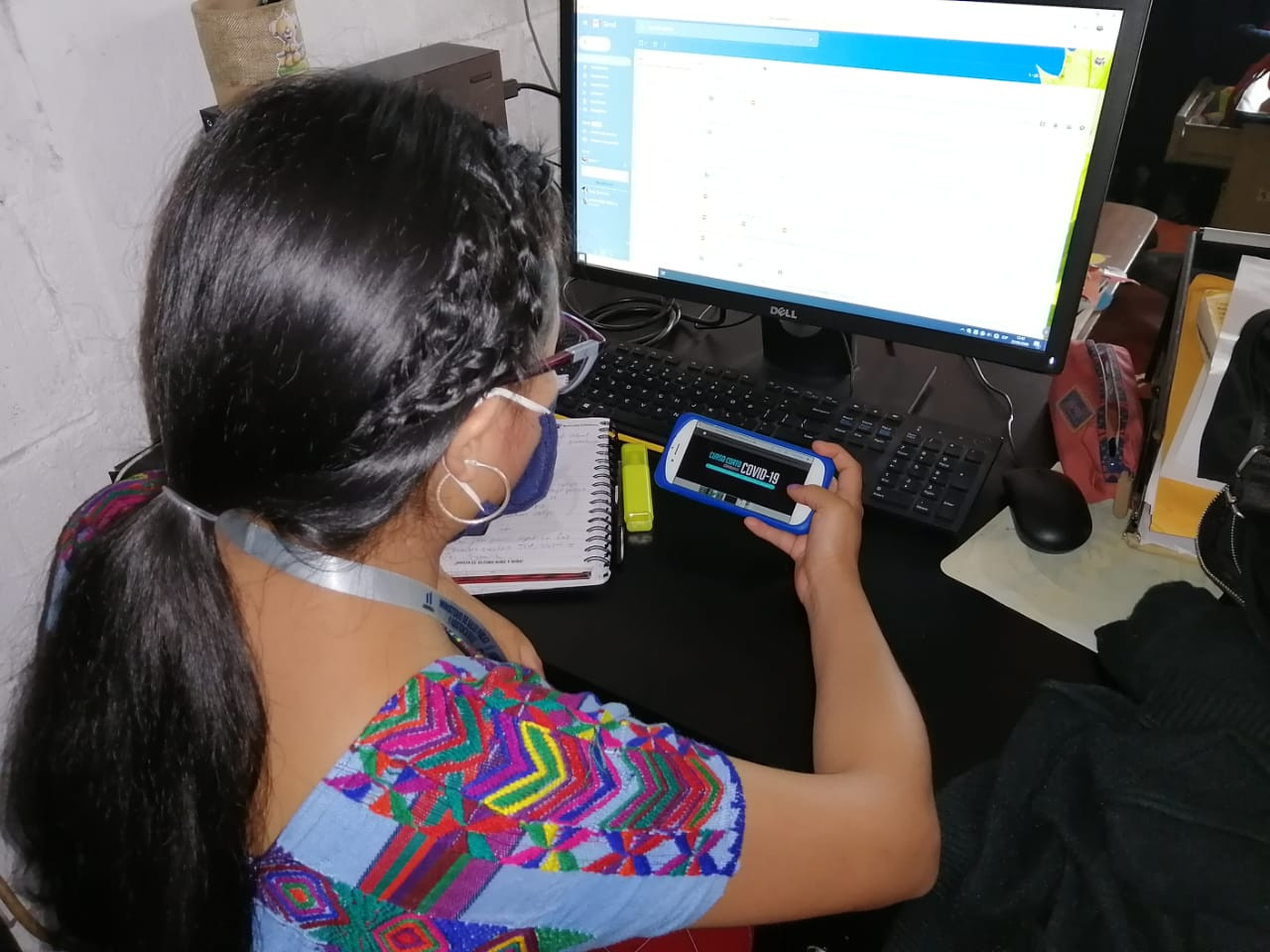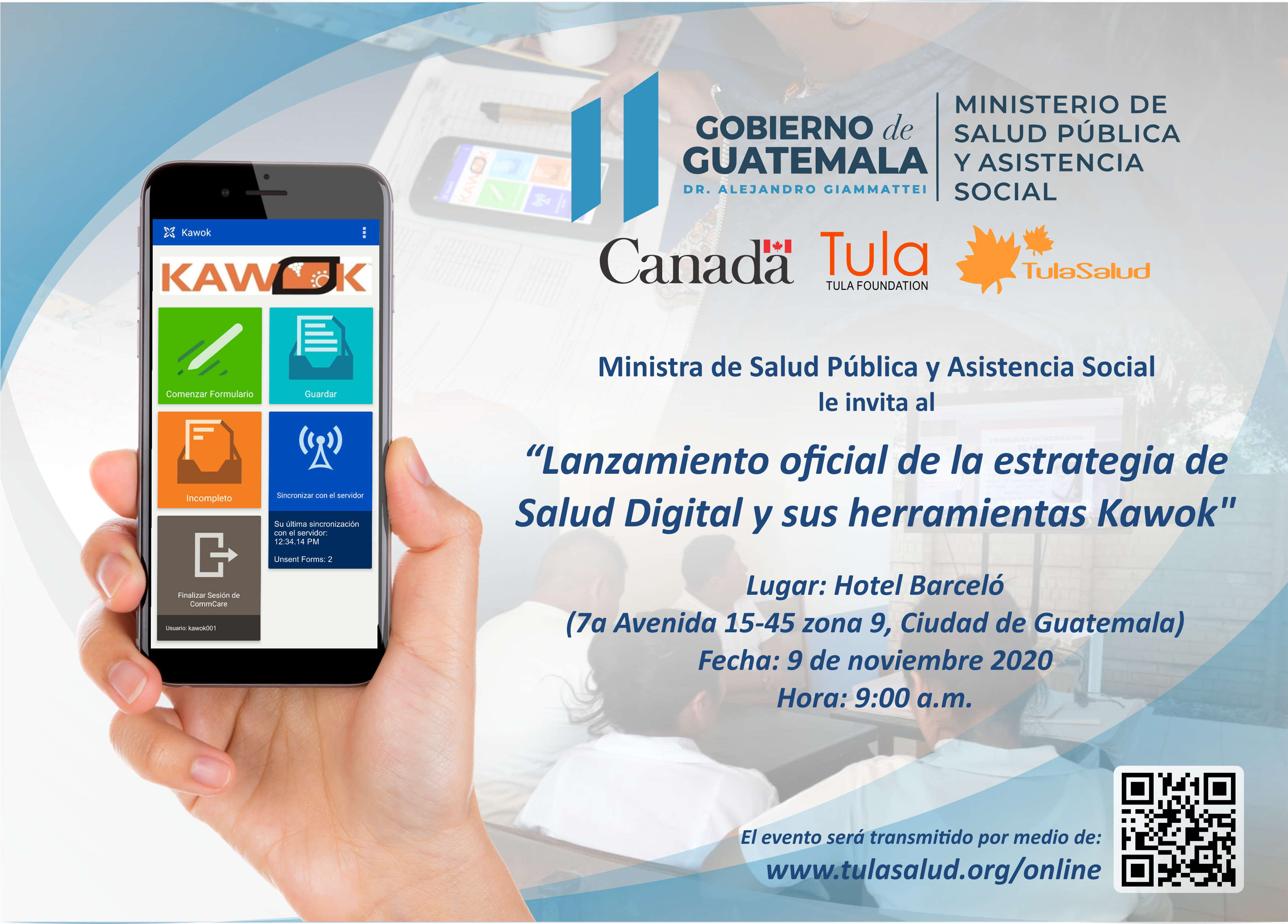In early November, Guatemala was hit by one of its worst storms in decades. Torrential rains and winds resulted in catastrophic flooding and landslides, leading to widespread destruction and more than 100 deaths. A week later, a second equally-powerful storm culminated in additional rains and flooding. While flooding and landslides prompted immediate public health concerns - in communities with vulnerable households - the destruction of roads, powerlines, and waterpipes are expected to have long term impacts on health in rural indigenous communities. Loss of critical infrastructure and household farms and foodstocks threatens to further exacerbate the economic impacts of COVID-19 on communities that rely on the informal labour sector.
Tula worked with the Ministry of Health and PAHO to use the community digital health system to prioritize health care for communities most affected by the Hurricanes. In mid-November 2020, more than 1,000 frontline health workers in Alta Verapaz filled out an online survey to gauge the level of destruction and the vulnerability of people around their health posts. This response from Tula demonstrates the importance of providing frontline health workers with telephones for communication and coordination support, and having community-level health information and data available. Tula and PAHO are currently in discussions with other regional health authorities in El Quiché to replicate this process.




